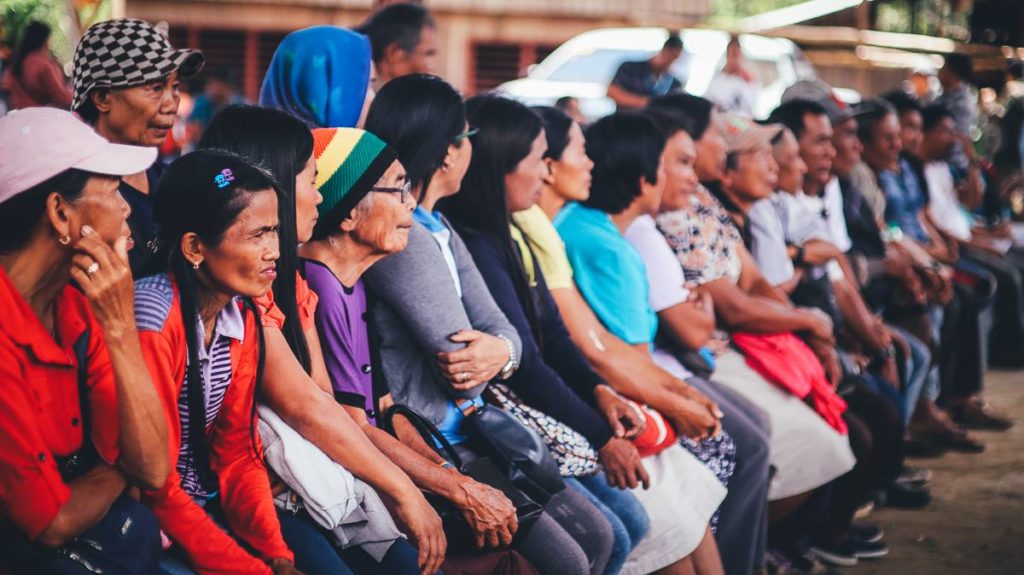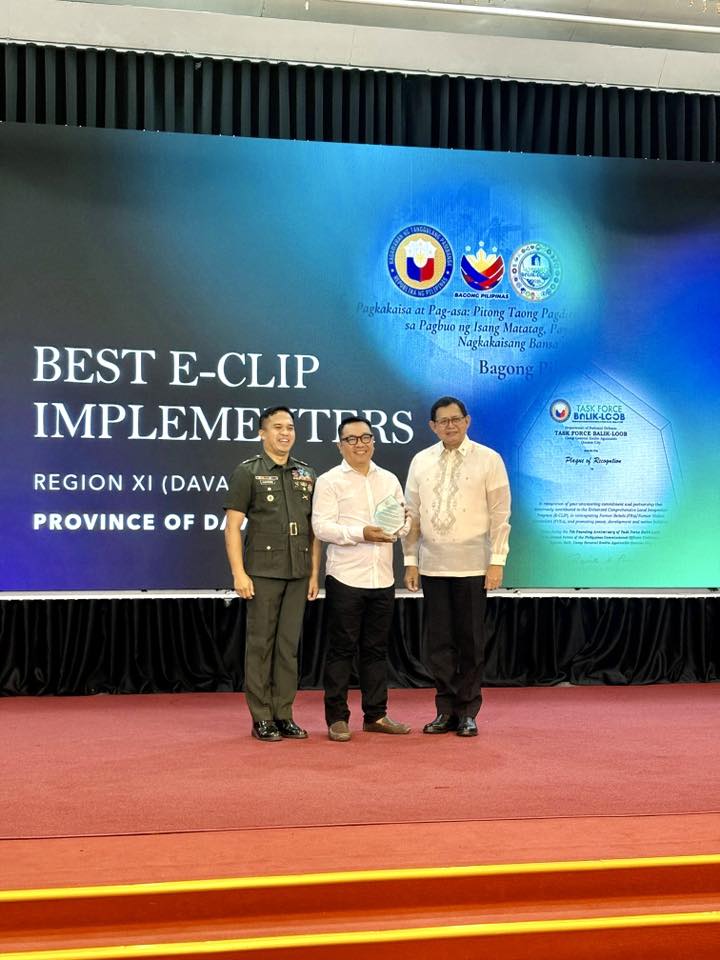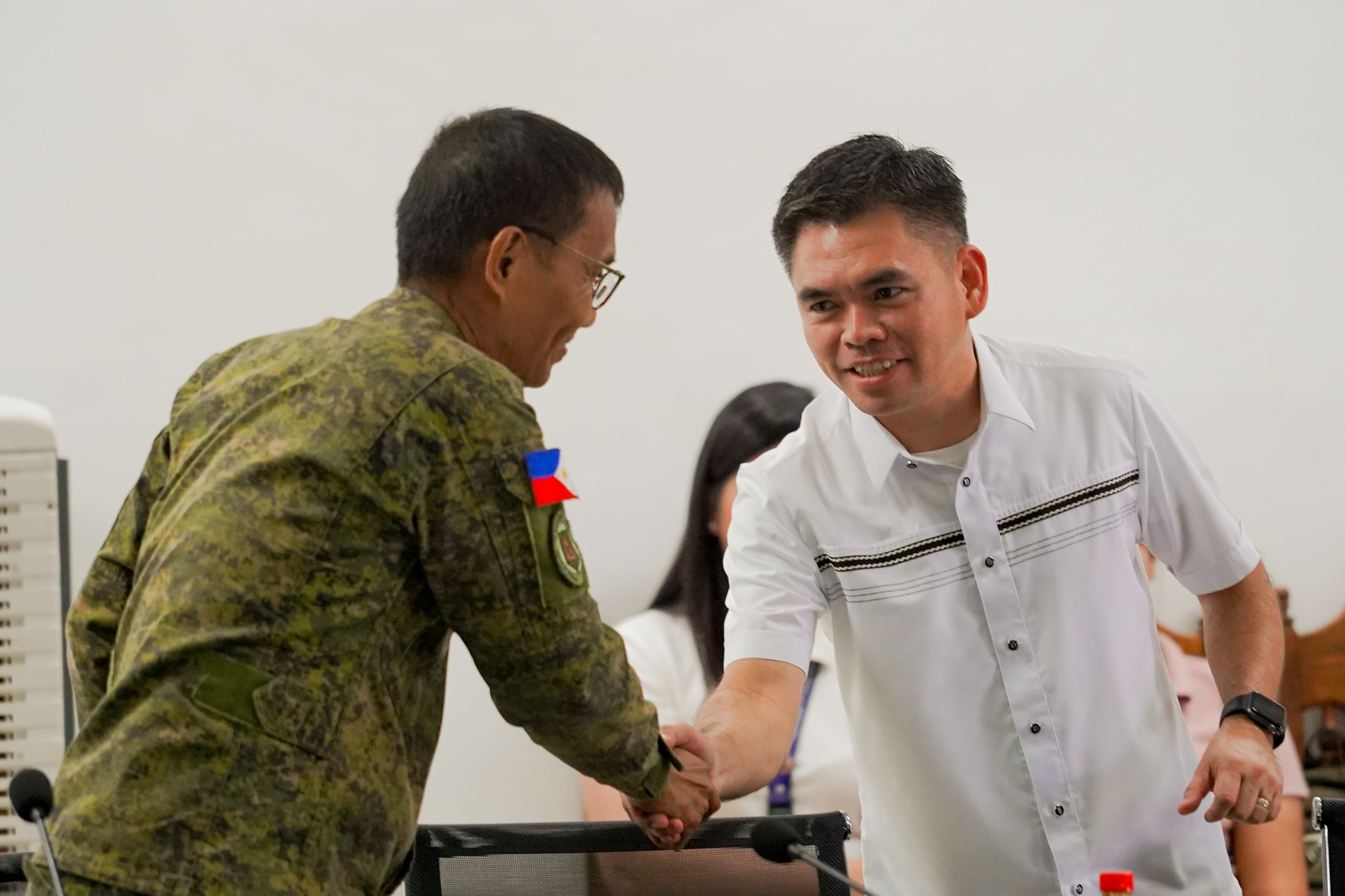BARANGAY TAOCANGA, MANAY– The Province of Davao Oriental takes its peace and development efforts one step further as it successfully held the pilot implementation of President Duterte’s Executive Order 70 which bids to build sustainable and peaceful communities that will ultimately end the long-running Communist insurgency in this part of the country.
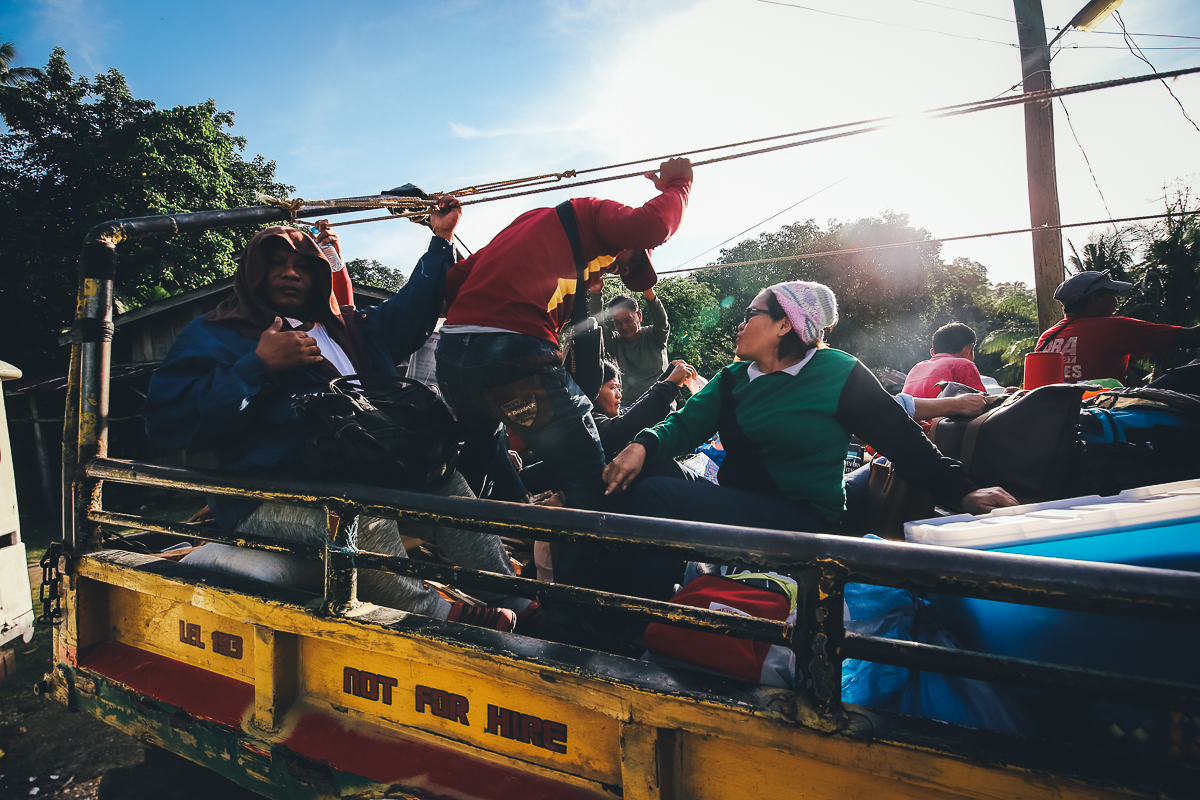
Just recently, the Provincial Government led a large team composed of the heads and representatives of different provincial government offices and partner agencies in an immersion activity held in Barangay Taocanga, a remote village perched on the mountains of Manay town, known for its hidden gem – the pristine Lake Diomaboc and known as the gateway to the majestic Mount Campalili frequented by many mountain climbing enthusiasts.
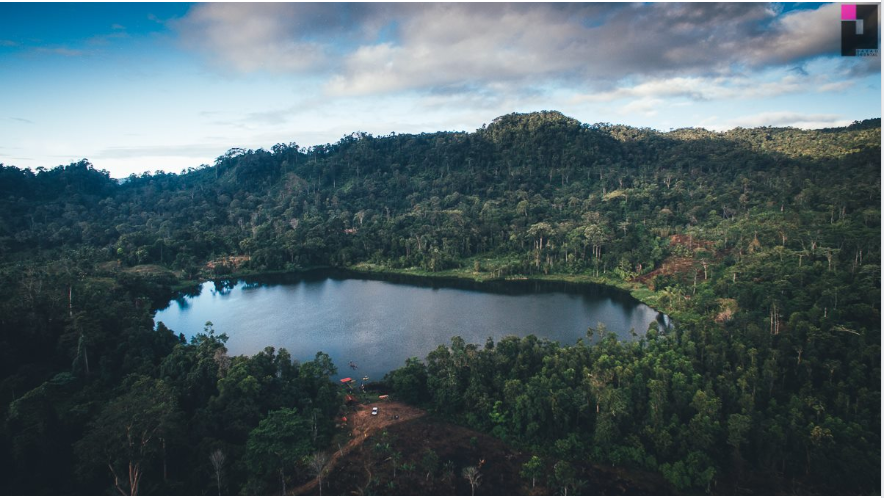
The two-day community engagement, which served as the first step of a broad peace process, saw government entities communicating with the Mandaya villagers about their community’s vital needs which requires urgent government interventions.
The two-day community engagement, which served as the first step of a broad peace process, saw government entities communicating with the Mandaya villagers about their community’s vital needs which requires urgent government interventions.
Diagnosing the Ills of the Community
With focus group discussion as a major tool to assess the situation at the grassroots, the activity enabled the participating agencies to listen to the voices of the people in order to diagnose the community’s ills.
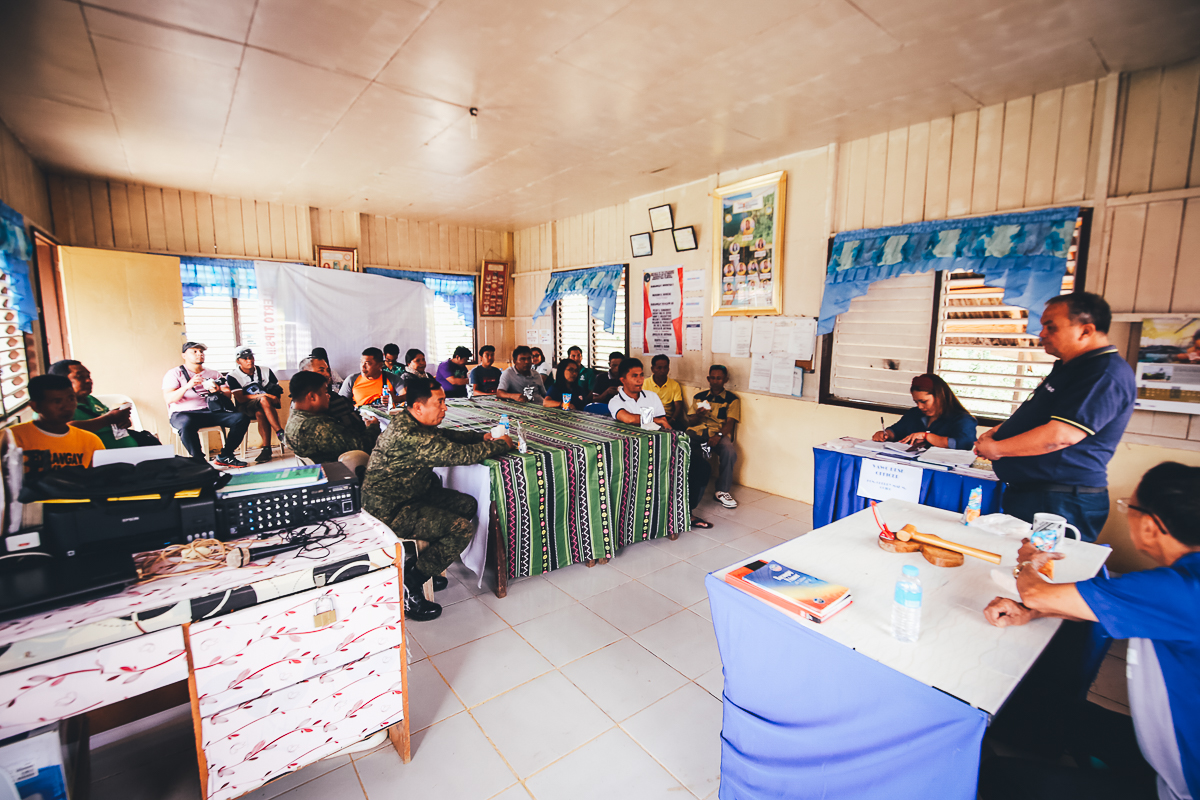
Among the many gaps identified that urgently needs to be addressed is the strengthening of the barangay-based institutions such as the councils on anti-drug abuse, peace and order, and disaster risk reduction and management.
Department of Interior and Local Government Provincial Director Yvette Tolentino-Sunga said that based on her department’s discussion with the barangay council, workers of the barangay need to undergo capacity development trainings that will guide them on how to do proper plans as well as basic legislations fundamental in pushing their priority development projects.
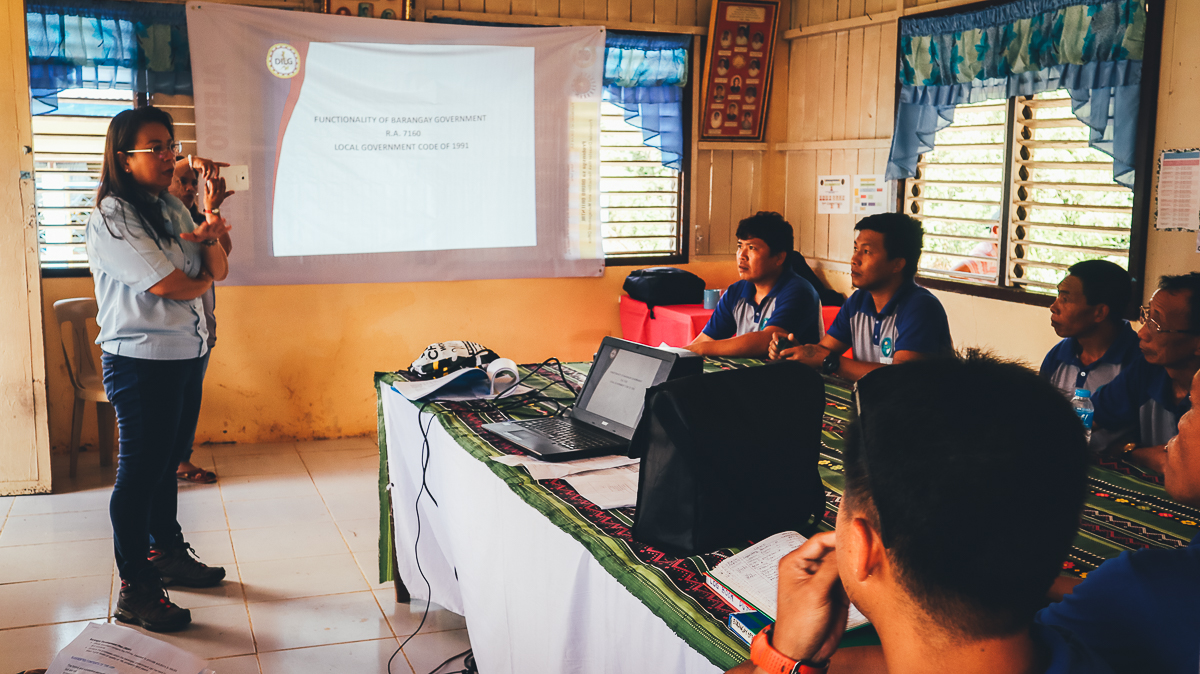
“We can still do a lot for our people in the remotest of barangays,” she said, noting the importance of government agencies and offices conducting regular barangay visitations and consultations to monitor the progress, capacitate, and mentor the workers of the barangays, especially those that belong to the Geographically Isolated and Disadvantaged Areas (GIDA) that are seldom reached by government services.
Governor Nelson Dayanghirang has always stressed the need for the government to look at barangay governance first since the barangay, as an institution, is the government’s first line of defense against Communist influences which preys on the insecurities of the masses.
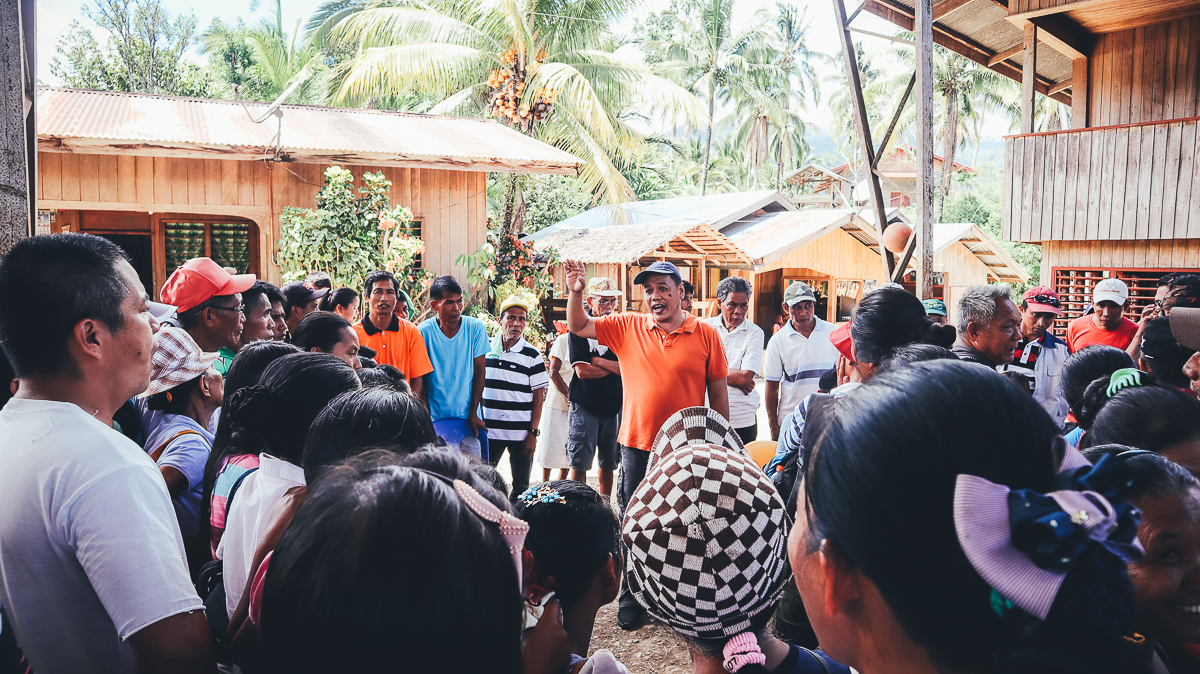
Other areas which require government interventions here include concerns in the livelihood sector such as provision of livestock, seedlings, and technical trainings on farming, particularly in growing abaca which is the village’s primary produce and mainstay crop.
Tourism is also another potential area to pursue here. This Mandayan village boasts of breathtaking landscapes of verdant green mountains of the distant Mount Campalili and the mesmerizing beauty of Lake Diomaboc. The Provincial Government sees this potential as an opportunity for development that will drive tourism which, in turn, will boost local economic activities.
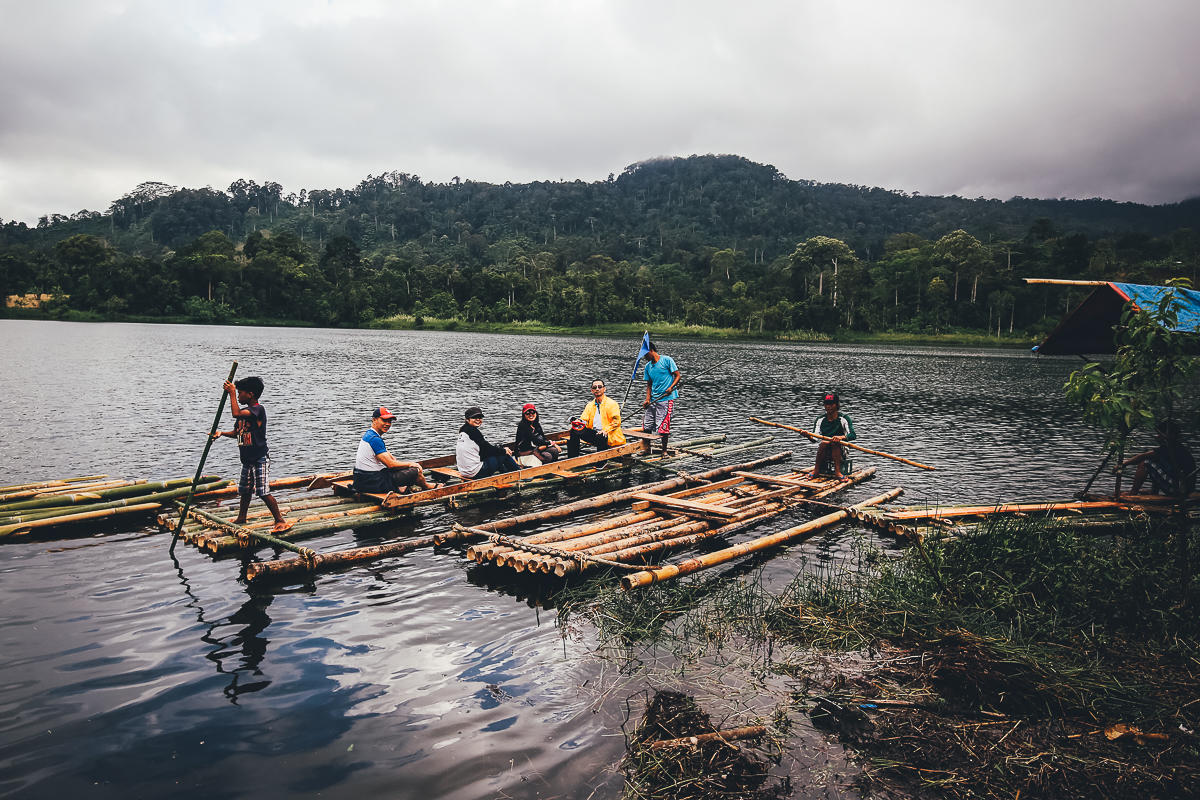
Aside from tourism and agriculture, the Yamog Foundation, being supported by the European Union, also sees the potential of tapping the village’s abundant water resources to put up micro hydroelectric systems to provide enough power to all households here which are currently dependent on power generators and solar panels to generate electricity.
Whole-of-Nation Approach to End Insurgency
Widely known as “Institutionalization of the Whole-of-Nation Approach in Attaining Inclusive and Sustainable Peace, Creating A National Task Force to End Local Communist Armed Conflict, and Directing the Adoption of a National Peace Framework”, the Executive Order 70 signed by the President on December 4, 2018, aims to address the root causes of insurgency by bridging the critical gaps in the community.
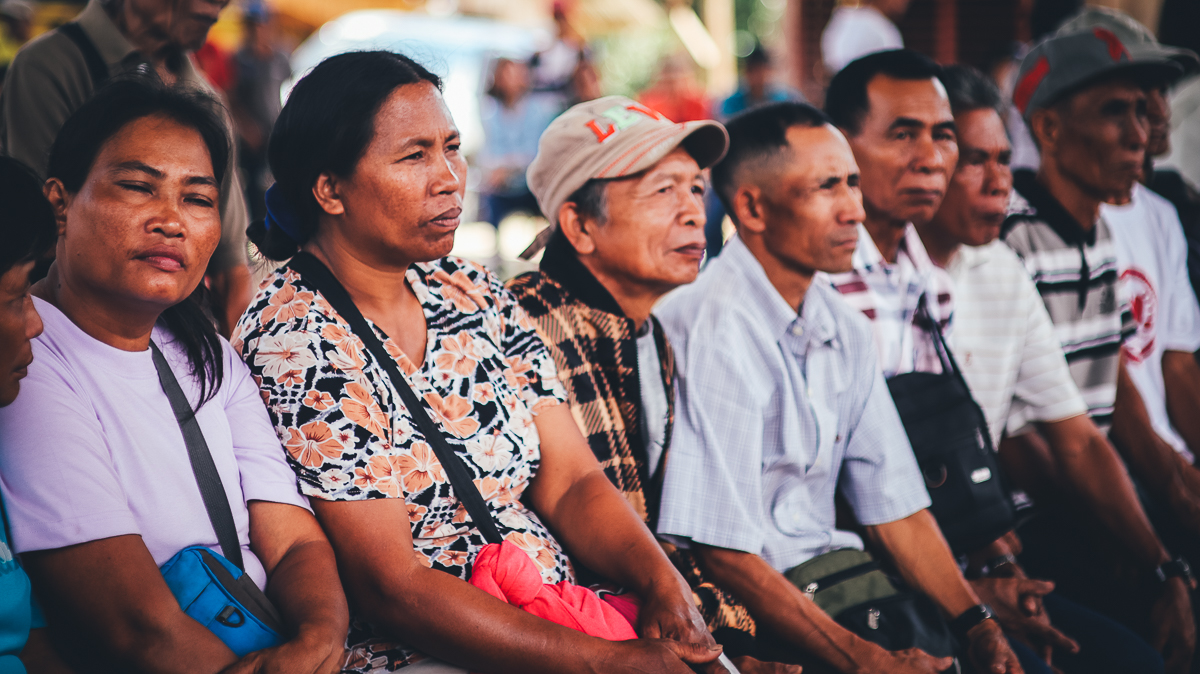
Governor Nelson Dayanghirang, whose flagship program Nagkakaisang Lingkod-Bayan ng Davao Oriental – Barangay Outreach Caravan forms a huge part in the said Executive Order, is warmly responsive to the President’s landmark national policy for peace and development which calls for the government’s intensified efforts to fight insurgency.
As Governor Nelson Dayanghirang had always put it, “the success of the anti-insurgency efforts all boils down to the effective delivery of public services.”
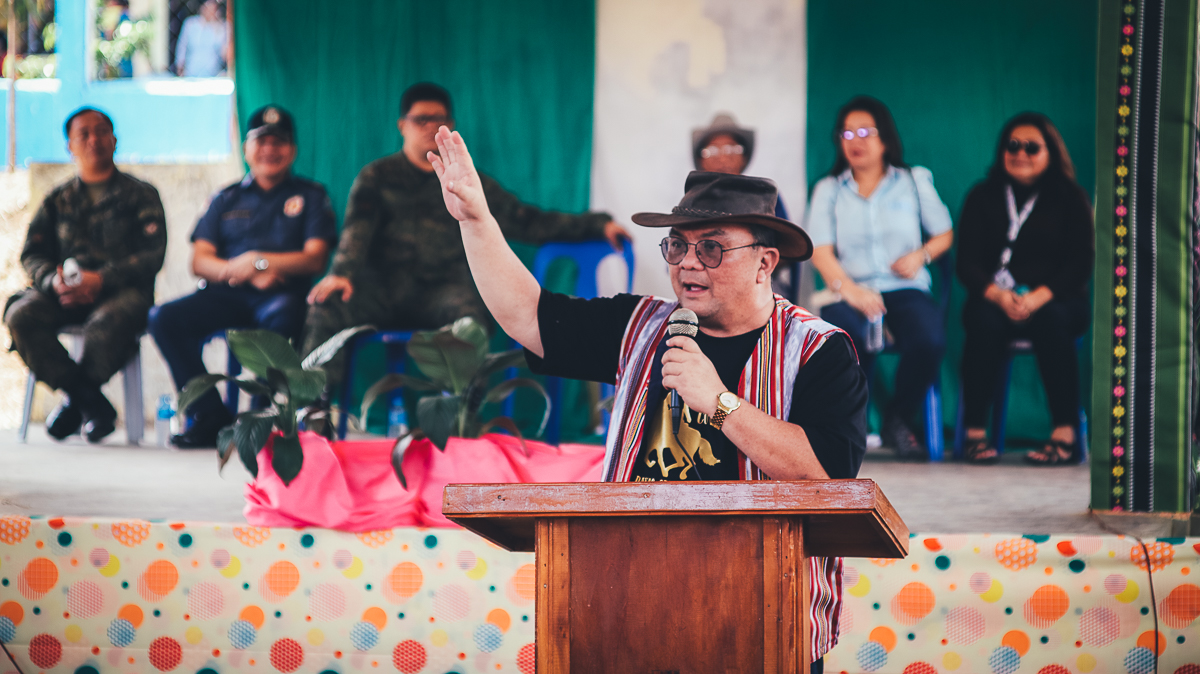
The Governor says that since resolving insurgency has now become a key national policy, the Provincial Government has also been pouring a lot of efforts and resources for this cause, this time in building a “climate of good governance” as a widely-recognized potent weapon to counter insurgency.
“The country’s decades-old insurgency had always been seen through the military perspective,” said the Governor’s Chief of Staff Ednar Dayanghirang. He said that through President Rodrigo Duterte’s Executive Order 70, the nation’s peace and counter-insurgency efforts have essentially evolved.
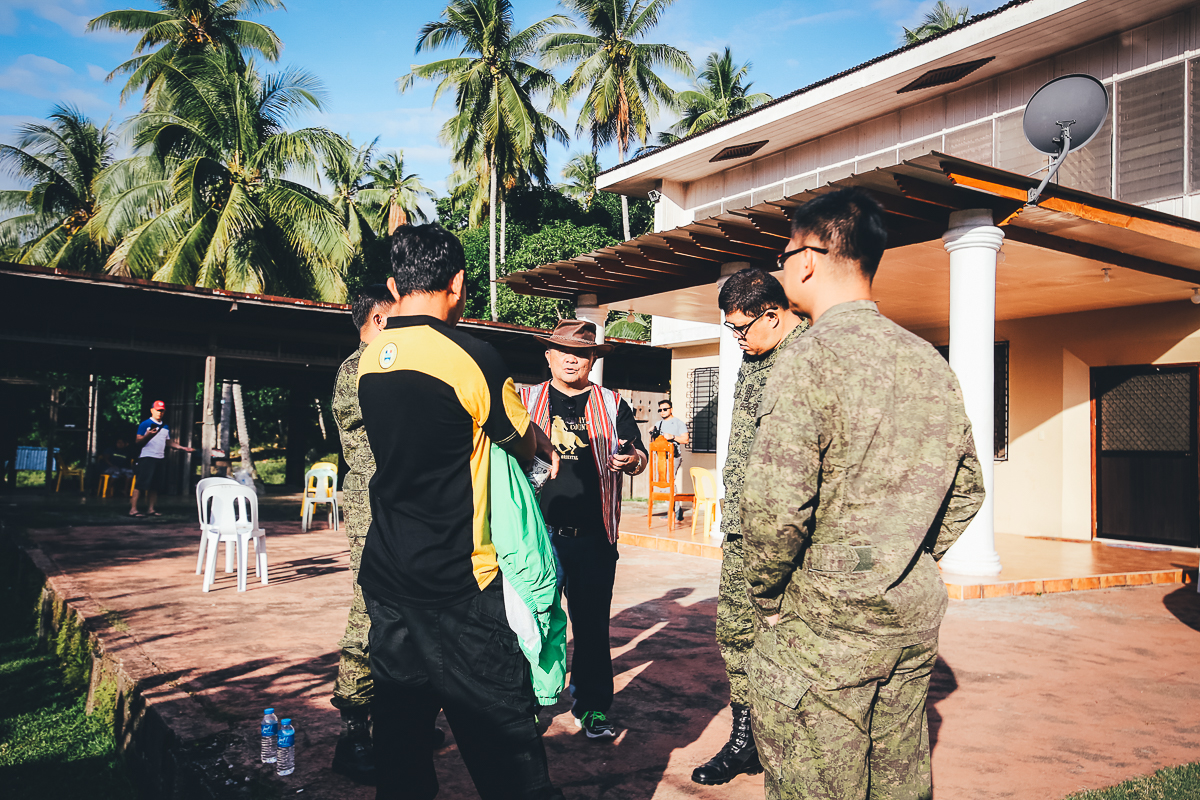
“We are still partnering with the Armed Forces of the Philippines and the Philippine National Police but it is us in the local government who will take the lead. Our drive is a peace effort that is civilian- led. This is the new strategy which will help end the Communist armed conflict,” he said.
The Pilot Area
Despite its rich potentials, Barangay Taocanga, which is part of the Mandaya ancestral domain, was used to be influenced by the Communist insurgency—the reason why the Provincial Government opted to make it the pilot area for its Barangay Outreach Caravan in 2016.

Situated 25 kilometers from the town center, this village is farthest among the 17 barangays in Manay town, making government services such as health, education, and livelihood out of reach for most of the residents, thus, predisposing the community to Communist group which formerly have large strongholds in mountainous remote areas.
Philippine Army 701st Brigade Commander Col. Manuel Sequitin said that with the Whole-of-Nation initiative and with all the key players coming in, the villagers here can now see new horizons for development. “The government is expected to pour down projects such as construction of roads and provision of livelihood opportunities to prevent the resurgence of insurgency here,” he said, adding that the security sector will focus more on organizing people’s organizations who will be the government’s main allies to protect the community against Communist influence.
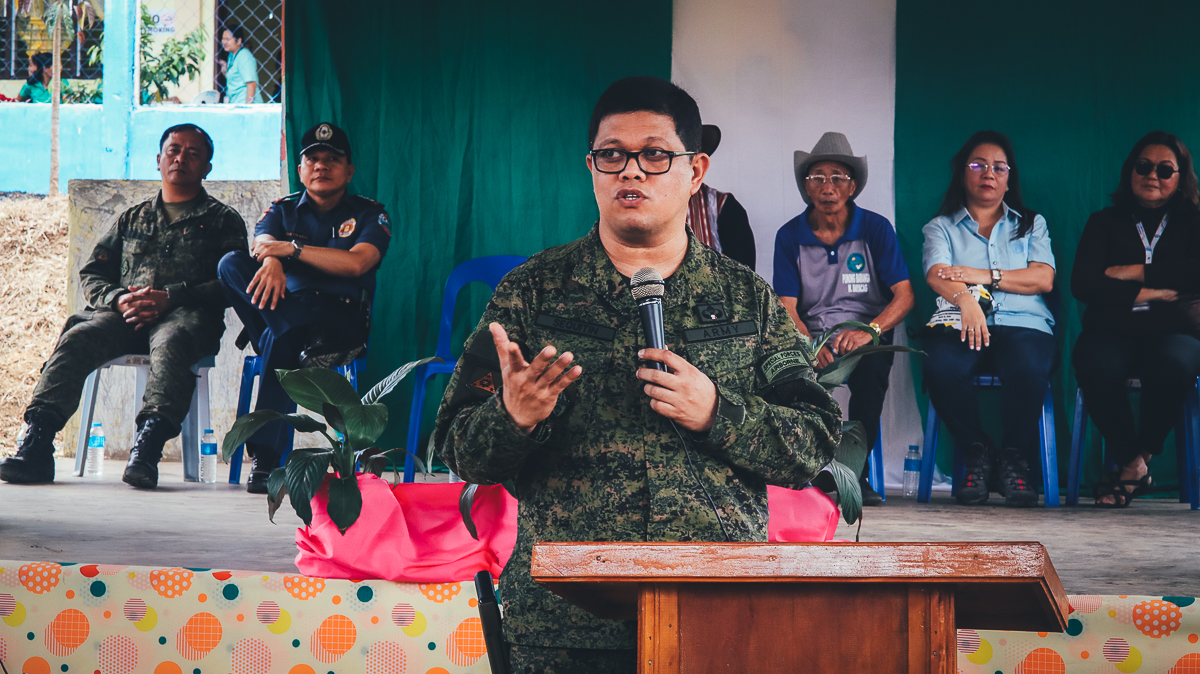
Meanwhile, as the participating agencies headed back to their respective offices in the City of Mati, they are expected to come up with plans based on the gaps they have identified. While it will take time before projects will be implemented on the ground, it is expected that the initial interventions will be felt within one month. Photos by Eden Jhan Licayan

